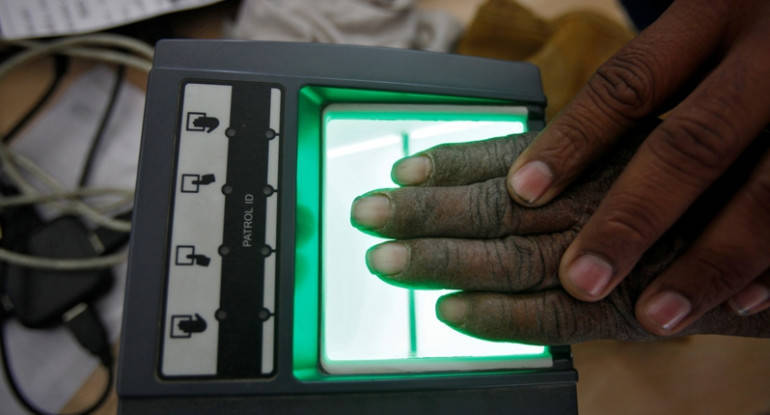In A Divided Yet Landmark Verdict Apex Court Upheld Aadhaar With Limitations
 Vartika Tomar 26 Sep 2018 12:07 PM GMT
Vartika Tomar 26 Sep 2018 12:07 PM GMT

Supreme Court of India upheld the constitutional validity of Aadhaar act in a divided yet remarkable verdict. Supreme Court mandated that Aadhaar Card will not be necessary for services like opening bank account, school admissions, obtaining mobile phone connections.
Majority bench headed by chief justice of India Justice Deepak Mishra also said that they haven't found yet that Aadhar has encroached into any privacy of people.
However, in sharp disagreement with the majority verdict Justice Chandrachud commented that Aadhaar program in its entirety is unconstitutional. He also maintained that Aadhar bill couldn't have been passed as a money bill. Justice Chandrachud was the part of the five-member bench.
He observed, "Aadhaar cannot be treated as money bill and passing a bill as money bill which is not a money bill is a fraud on the Constitution."
ALSO READ: Prime Minister's Crop Insurance scheme: Many holes in the umbrella
BJP is considering this decision as the victory of the NDA government. BJP's National Spokesperson Sambit Patra told the media that, "the card gives strength to the poor. As far as the judgment of the Supreme Court on Aadhaar is concerned, we see this as a big victory of the pro-poor Modi-government,"
In its judgment, The Supreme court stated that "No core biometic information, collected or created under this Act, shall be- shared with anyone for any reason whatsoever or used for any purpose other than generation of Aadhaar numbers and authentication under this Act. The 1448 page judgement clarifies that "No Aaddhaar number or biometric information collected or created shall be published, displayed or posted publicly, except for the purpose as may be specified by regulations.
Aadhaar provides a unique 12-digit identification number after submitting their fingerprints and retina scans. About 30 petitioners went to court to argue that the scheme can breach the right to privacy.
More Stories




